The day after Hitler’s infamous breakdown saw the Führerbunker’s psychological state shift from despair to fragmentation. Hitler had given up on military victory, but he hadn’t given up on control. April 23 was marked by paranoia, betrayal, and the crumbling of whatever command structure still remained.
One of the most consequential developments was the fallout between Hitler and Hermann Göring. Göring, once Hitler’s designated successor and head of the Luftwaffe, had remained at the Obersalzberg compound in southern Germany. On this day, he sent a carefully worded telegram asking whether, in light of Hitler’s isolation in Berlin and apparent incapacitation, he should assume leadership of the Reich.
The message followed the legal framework of the 1941 decree naming Göring successor should Hitler be unable to act. But Hitler—egged on by Martin Bormann, who loathed Göring—interpreted it as a coup attempt.
Enraged, Hitler ordered Göring’s immediate dismissal and house arrest. This marked the formal end of Göring’s influence and shattered any illusion of unity among the Nazi elite. It also revealed how deeply Hitler’s trust had eroded. His inner circle, once filled with fanatical loyalty, was now reduced to suspicion and self-preservation.
That same day, Hitler reportedly refused to receive further military briefings. He had become indifferent to the battlefield situation. His time was now consumed with revisions to his political testament and personal matters: who would take over what remained of the Reich, how he would be remembered, and what final acts of loyalty he could still demand.

Minister of Armaments Albert Speer returned to the Führerbunker on this day and talked with friends about fleeing the city, particularly Hitler’s long-time mistress Eva Braun, but she refused to abandon the Führer. Speer also met privately with Hitler and later claimed that he admitted to defying the Führer’s final orders. Hitler had commanded Speer to destroy everything—bridges, tunnels, factories, etc.—that might be useful to the Allies. Speer knew this would make a horrible situation for the German people, catastrophic, and he did not see the point. The Führer felt Germans deserved to suffer and die for not living up to the demands he had put on them, but he reportedly did not punish or even berate Speer for his insubordination.
Some doubt Speer’s account, believing that Hitler would have stripped Speer of his office and had him arrested, but Speer was the closest thing Hitler had to a friend among his subordinates and their relationship was a unique one. Speer was a trained architect and Hitler had longed to be one. They had spent many hours discussing buildings and making plans for the future. If anyone could get away with failing to follow Hitler’s orders, he was the man. Hitler could accept that his artistic comrade did not have the stomach for the job without seeing his friend as a traitor. When Hitler dictated his political testament on April 29, Speer was replaced as Minister of Armaments by his subordinate, Karl-Otto Saur, suggesting that Speer was telling the truth about this final conversation.
As Speer departed the bunker for the final time, the atmosphere continued to grow stranger. Official duties continued in form, if not substance. Secretaries typed nonsense dispatches. Aides updated non-existent battle lines. Orders were still signed. But most in the bunker understood they were enacting a pantomime—going through the motions of a government that no longer existed outside those concrete walls.
Berlin was collapsing. Soviet shells fell steadily. Buildings crumbled. Fires spread unchecked. Inside, the man who once dictated the fate of Europe sat preparing for his death.
The circle around him continued to shrink—not only in number but in trust. Hitler now suspected everyone: Göring, Himmler, the generals, even longtime allies. Martin Bormann became his primary gatekeeper, controlling access and information. Goebbels remained close, still devoted, still writing speeches for a leader who would never give them.
April 23 was the day Hitler fully turned inward. The war, the state, and even his allies had betrayed him—or so he believed. What remained was not leadership, but ritual. Not strategy, but legacy. And in the hollow quiet of the Führerbunker, legacy meant death.
FULL SERIES:
Yes, Hitler Really Did Commit Suicide, 80 Years Ago
Part 1: April 20, 1945 – Hitler’s Last Birthday
Part 2: April 21, 1945 – The Net Tightens
Part 3: April 22, 1945 – The Breaking Point
Part 4: April 23, 1945 – The Succession Panic
Part 5: April 24, 1945 – The Axis of Betrayal
Part 6: April 25, 1945 – No Way Out
Part 7: April 26, 1945 – The Sky Closes
Part 8: April 27, 1945 – Rienzi
Part 9: April 28, 1945 – Wedding Day
Part 10: April 29, 1945 – The Day Before the End

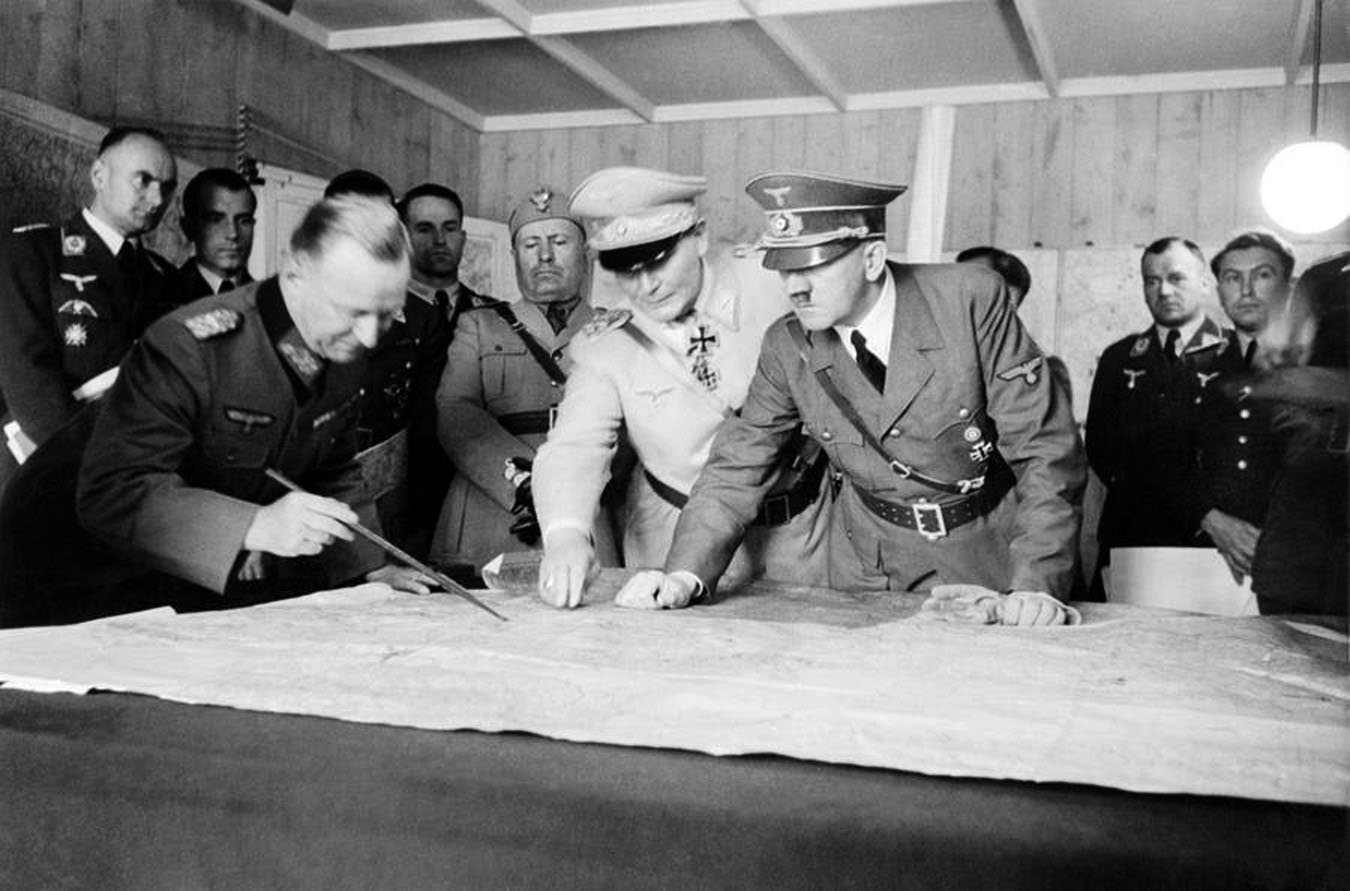



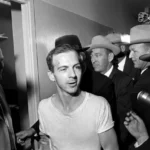
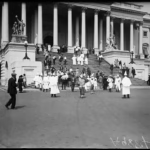


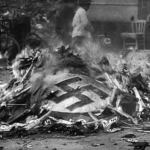
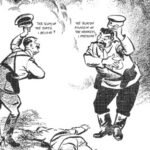


Leave a Reply